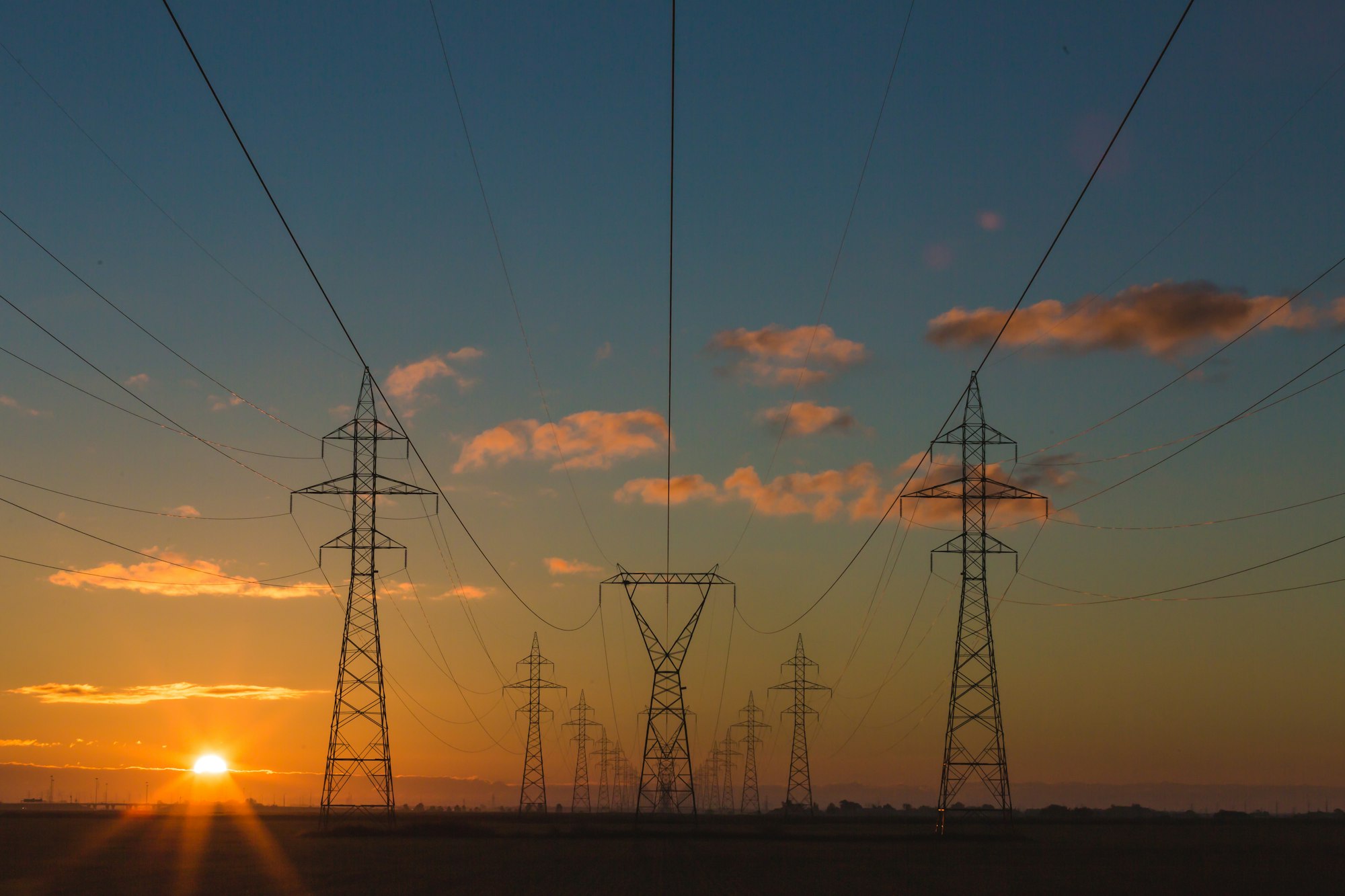The impact of load shedding on travelers to South Africa

Are you planning a trip to South Africa and wondering what the deal is with "load shedding"? Well, it's not just a catchy phrase - load shedding has become a reality for millions of people in this African country. If you're unfamiliar with this term, load shedding is when Eskom, the national electricity supplier, intentionally cuts off power in certain areas as a way of managing demand during times of energy shortage. Unfortunately, this can have a major impact on travelers to South Africa. In this blog post, we'll explore how load shedding affects tourists and digital nomads alike and offer some tips on how to navigate these challenges during your next adventure in South Africa.
What is load shedding?
Load shedding is a term used to describe when Eskom, the national electricity supplier in South Africa, intentionally interrupts power supply for a certain period. It's done as a way of managing demand during times of energy shortage. This means that at any given time, depending on where you are in South Africa, there may be scheduled or unscheduled blackouts.
The severity and frequency of load shedding can vary depending on factors such as weather conditions, maintenance issues with power plants and the availability of fuel. Load shedding schedules are often posted online or shared via social media platforms so residents and travelers can plan accordingly.
While load shedding is primarily intended to manage energy shortages in the country, it has also had an impact on tourism and business operations across South Africa. For example, digital nomads who rely heavily on stable internet connections have been affected by frequent power outages which disrupt their work schedule.
Load shedding remains an ongoing issue for both locals and tourists alike in South Africa.
How does load shedding affect travelers to South Africa?
Travelers may experience disruptions during their travels as load shedding can happen without warning and at irregular intervals. This can cause problems for those relying on technology such as charging phones or laptops while working remotely or keeping in touch with family and friends back home.
Hotels and other accommodations may also be affected by load shedding leading to discomfort for guests who rely on air conditioning during hot summer months. Additionally, tourist attractions like museums or amusement parks might have limited hours due to power outages making it difficult for visitors to plan their itinerary accordingly.
Furthermore, public transportation systems such as buses and trains may also be impacted causing delays and cancellations leading to frustration among travelers trying to get around the city.
In summary, load shedding has various effects on tourists visiting South Africa ranging from minor inconvenience all the way up to major disruption depending on how reliant they are on technology during their travels.
Ways for travelers to get through load shedding
Load shedding can be a major inconvenience for travelers in South Africa, but there are some ways to make the experience less stressful. One way is to always keep your devices charged and carry a portable power bank with you. This will ensure you have access to important information and communication during power outages.
Another helpful tip is to plan your itinerary around load shedding schedules. This means checking the load shedding timetable regularly and scheduling activities or travel during times when electricity is expected to be available.
If you're staying in accommodation that doesn't have backup generators or alternative energy sources, consider packing a flashlight or headlamp so you can navigate dark spaces safely. Or even consider staying outside of major cities altogether. Rural areas may not experience as much load shedding due to lower demand on the grid.
Additionally, try to reduce your reliance on electronics during load shedding periods by bringing books or board games for entertainment. You may also want to stock up on non-perishable foods and bottled water in case of extended outages.
While load shedding can disrupt travel plans, taking these steps can help minimize its impact on your trip.
Outlook for the future
As South Africa continues to deal with the issue of load shedding, travelers and digital nomads are left wondering about the future of electricity supply in the country. The outlook for the future remains uncertain as Eskom struggles to keep up with demand and maintain their infrastructure.
However, there are some positive developments on the horizon. The government has announced plans to increase investment in renewable energy sources such as wind and solar power. This shift towards sustainable energy could potentially reduce dependence on traditional power plants and lead to a more stable electricity grid.
Additionally, various companies have started implementing measures that can minimize the impact of load shedding on their operations. For instance, some businesses have invested in backup generators or alternative sources of energy like gas-powered equipment.
While it is difficult to predict exactly what will happen in terms of load shedding in South Africa's future, it seems clear that efforts are being made by both public and private sectors to improve infrastructure and find solutions for this ongoing problem.
Conclusion
Load shedding is a significant issue affecting travelers to South Africa. It has the potential to disrupt travel plans and cause inconvenience for digital nomads and tourists alike. However, there are ways to mitigate its impact by staying informed about scheduled outages, investing in alternative power sources such as portable chargers or generators, and choosing accommodation that has backup power.
Despite these challenges, South Africa remains a beautiful country with much to offer visitors. With stunning natural landscapes, vibrant cities, delicious cuisine, and friendly locals - it's still worth experiencing despite the occasional disruption from load shedding.
As Eskom works towards resolving their electricity supply issues through renewable energy initiatives and infrastructure upgrades, we hope that load shedding will become less of an issue for both residents and travelers in the future.
